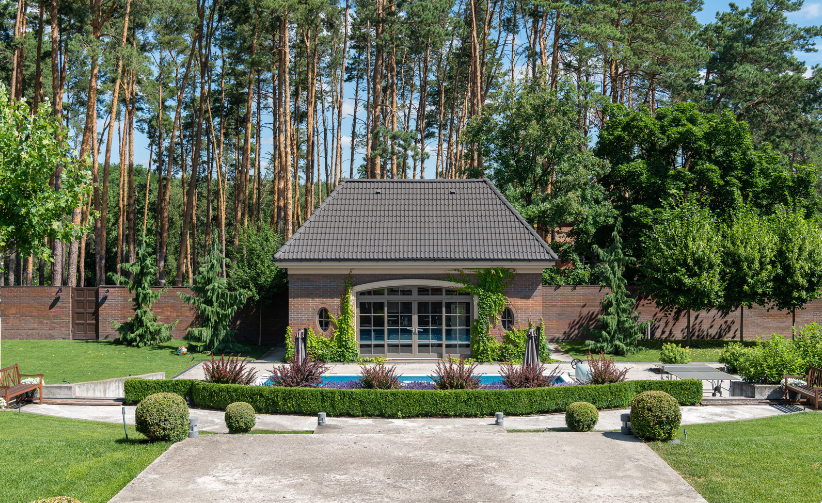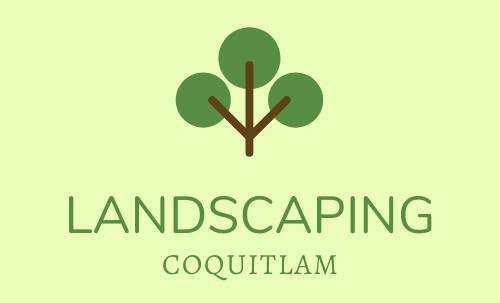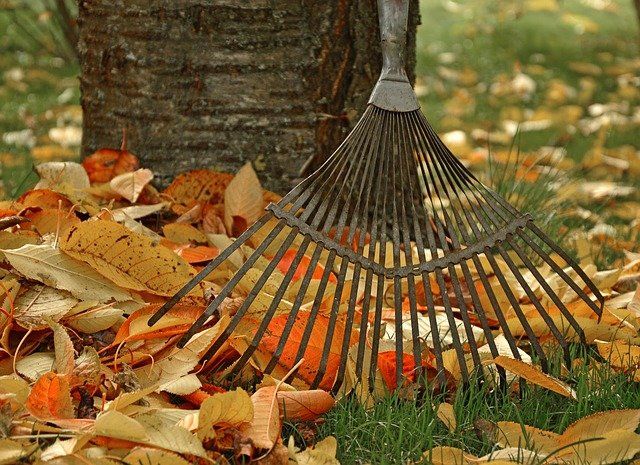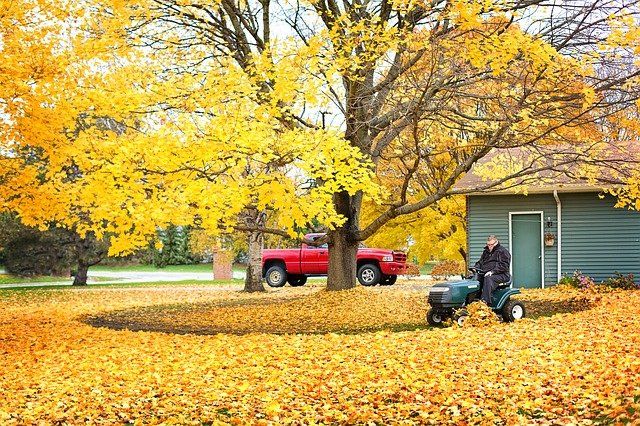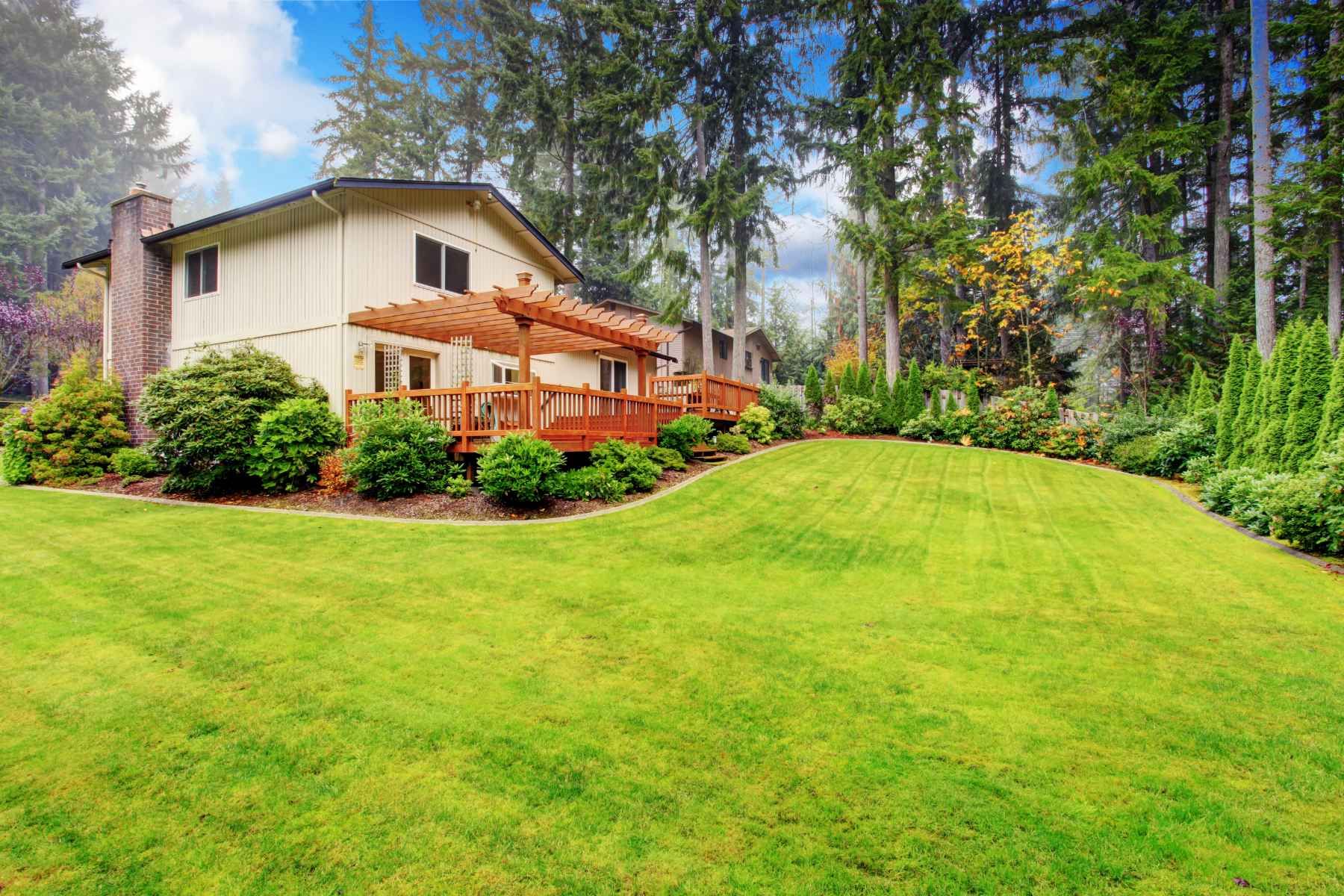What Kind of Landscaping Can Be Done in the Fall?
What Kind of Landscaping Can Be Done In The Fall?
The maintenance that can and should be done on a landscape varies with the time of the year. There are typical practices that take place throughout a calendar year and it is important to understand how the weather and seasons can impact the wellness of an outdoor space. The fall is an optimal time of year for certain factors related to maintenance and installation.
Benefits of Fall Landscaping
Although many people believe that the spring months are the best time to work on a landscape and garden space, there are many benefits to improving outdoor spaces during the fall. One of the main benefits to working in a landscape setting during the fall is moisture levels and cooler temperatures. With this type of weather, plants are able to establish themselves and grow in a new area.
Another benefit of landscaping during the fall is being able to properly plan for drainage infrastructure and
irrigation. The elevated rainfall during this time of year allows for water to gather in problem areas, where they can then be identified and a plan can be implemented to resolve the pooling or floodage. The proactive solutions created in the fall will allow for a smooth transition to winter and preparation for a snowfall.
A final key benefit to landscaping in the fall is the outcome of plant growth and overall wellness. During the spring and summer months, when the sun is at its peak strength, plants can be more prone to stress and as a result might grow more poorly than if the condition were less harsh. There is less maintenance required for plant health in the fall and the elements can be quite optimal for plant survival.
Best Landscaping Practices for the Fall
Landscaping in the fall can provide many benefits to an outdoor space, due to weather conditions and temperatures. In order for certain plants to thrive in the spring and summer, there are best practices that should be taken during the fall to prepare for optimal foliage in the warmer months. A few of the best landscaping practices to include in a fall gardening plan include:
Installation - Planting in the fall allows for trees, shrubs, and perennials to establish their root systems early on. This timeline allows the roots to grow healthily and more strongly support the foliage during the spring and summer.
Trimming and Hedging - Once perennials begin to die off at the end of their blooming season heading into the fall, it is an optimal time to trim dead tops. Top-trimming these plants will allow them to bloom the best when the time comes to produce buds in the spring. Hedging shrubs and trees can also be done in the fall to scale them back before snowfall.
Deep-Root Watering - Watering shrubs and trees well in the fall allow the roots to be properly moisturized before the winter months. The hydrated roots will sustain the foliage when it is difficult to water their base and will increase their likelihood to flourish in the spring.
Remove Fallen Leaves and Dead Foliage - The fall is a much needed time to rake dead leaves and remove fallen plants that can cause damage and disease to a landscape during the winter. This dead plant matter can attract pests and cause an overall decrease in wellbeing for a yard or garden. Removing this dead material and either composting, or mulching it, will stop the accumulation of debris under snow and allow for a transformation of foliage that is beneficial to the wellbeing of an outdoor space.
Despite the common belief that the spring is the best time of the year to work on a garden or landscape, there are a variety of beneficial reasons to work on outdoor spaces during the fall. Creating a landscape plan on a yearly timeline can help to optimize growth and health of the foliage in an outdoor space. Understanding the life cycle of plants, trees, and shrubbery will provide the knowledge needed for mapping out when best landscaping practices can take place throughout the year, and especially in the fall.
You might also like

